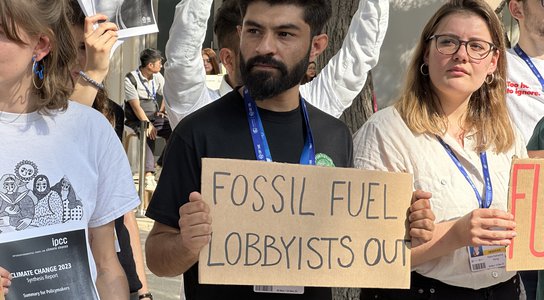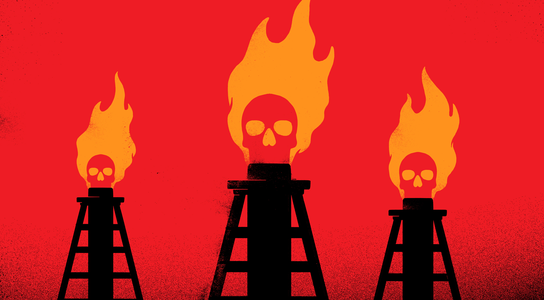December 15 2021, Brussels – The EU today reached a final deal to allow subsidies for the controversial Melita and EastMed fossil gas pipelines as part of the reform of the TEN-E regulation, which will help lock in Europe’s dependence on climate-heating gas. Negotiators also agreed to maintain the power of fossil gas companies to help decide projects which would be eligible for subsidies and fast-tracked status.
The TEN-E regulation lays out the process for identifying key energy infrastructure projects, including gas pipelines and LNG terminals, for funding and fast-tracking.
The final deal between negotiators from the European Commission, Council and Parliament agrees to subsidise and fast-track the Melita and EastMed pipelines.
The Melita pipeline has been linked to the
man charged in relation to the murder of Daphne Carauna Galizia. He has denied
playing any part in her killing. Galizia’s family last week called on the EU to
remove the project from the list.
Meanwhile the proposed EastMed pipeline
depends on fossil gas extracted by a British-Israeli company whose founders
participated in, and benefitted from, a banking scheme that allegedly helped
crash the Cypriot economy.
The decision comes just weeks after the EU committed to phase out ‘inefficient’ fossil fuel subsidies as part of the final agreement of the COP26 climate talks.
Despite some minor improvements, the deal also maintains the conflict of interest at the heart of the law, by allowing the fossil gas industry to continue to select priority gas grid projects. In spite of efforts from the European Parliament to improve oversight, the final deal failed to rein in the power of ENTSO-G, a powerful organisation of gas infrastructure companies which helps compile the lists Projects of Common Interest.
The final text also allows subsidies to convert fossil gas pipelines to carry a blend of hydrogen and fossil gas on the condition that they convert to transporting 100% hydrogen by the end of 2029. However, European energy regulators have said such projects are very unlikely to happen, creating the risk that money is wasted on gas pipelines that never convert to hydrogen, according to Global Witness.
Tara Connolly, senior gas campaigner at Global Witness said:
“The EU has agreed to give the fossil fuel industry an early Christmas present with subsidies to build more fossil gas pipelines. Fossil gas is bad for the climate, harms our health, and is worsening the energy poverty crisis around Europe. They have also failed to rein in the power of the fossil gas industry, who will continue to have a key role in deciding where these subsidies go.
“Instead of building more pipelines to feed more gas boilers and power plants, we need an urgent shift to affordable renewable heating and power for all.”
Later today, the European Commission will launch a revision of its gas package – a series of laws governing how the EU gas market is governed. Global Witness is calling on the Commission to use it to plan for the phase-out of fossil gas in the EU by 2035.
Preview image credit: Laure Geerts


